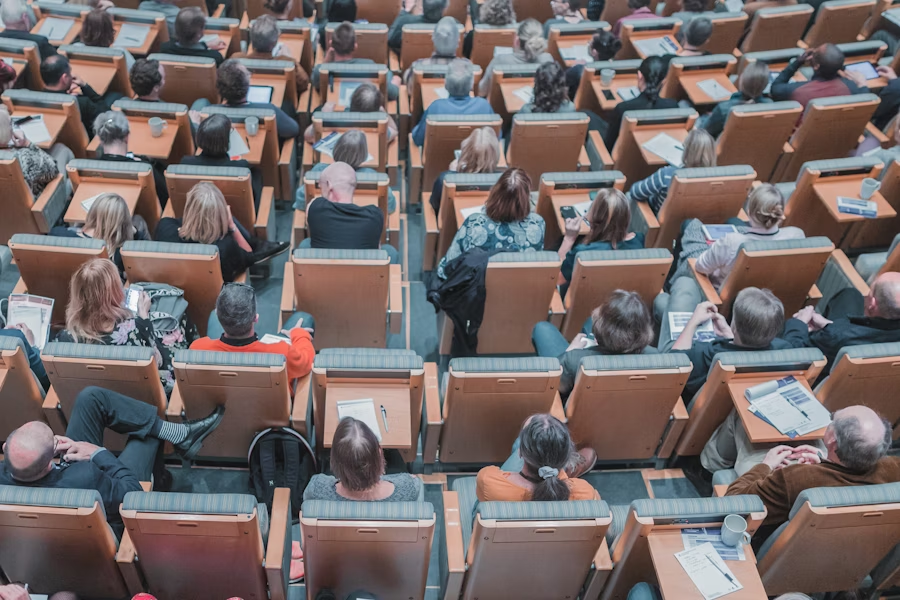Our Community in Action


Empowering the next generation of doctors through leadership, collaboration, and education. Discover how tnsa supports student success across Texas.
Become a MemberWe prepare nursing students to be influential voices in healthcare by providing leadership workshops, legislative engagement, and professional mentorship.
tnsa provides learning resources, scholarships, and peer networking to strengthen both academic and professional growth throughout your nursing journey.
Through local chapters and statewide partnerships, we encourage community involvement and outreach that amplifies the impact of future nurses.
Connect with nurse leaders and sharpen your advocacy skills at the annual summit in Austin, TX.
Interactive webinars covering professional ethics, patient safety, and collaborative care practices.
Join hundreds of nursing students from across the state for three days of education, networking, and inspiration.
Membership in tnsa connects you to statewide resources, exclusive events, and a powerful community of nursing students dedicated to excellence. Whether you’re beginning your nursing education or preparing to enter the workforce, tnsa is your professional home.
Join tnsa Today

Have questions or want to collaborate? Reach out to our tnsa team to learn more about membership, partnerships, or upcoming initiatives.
Email: [email protected]